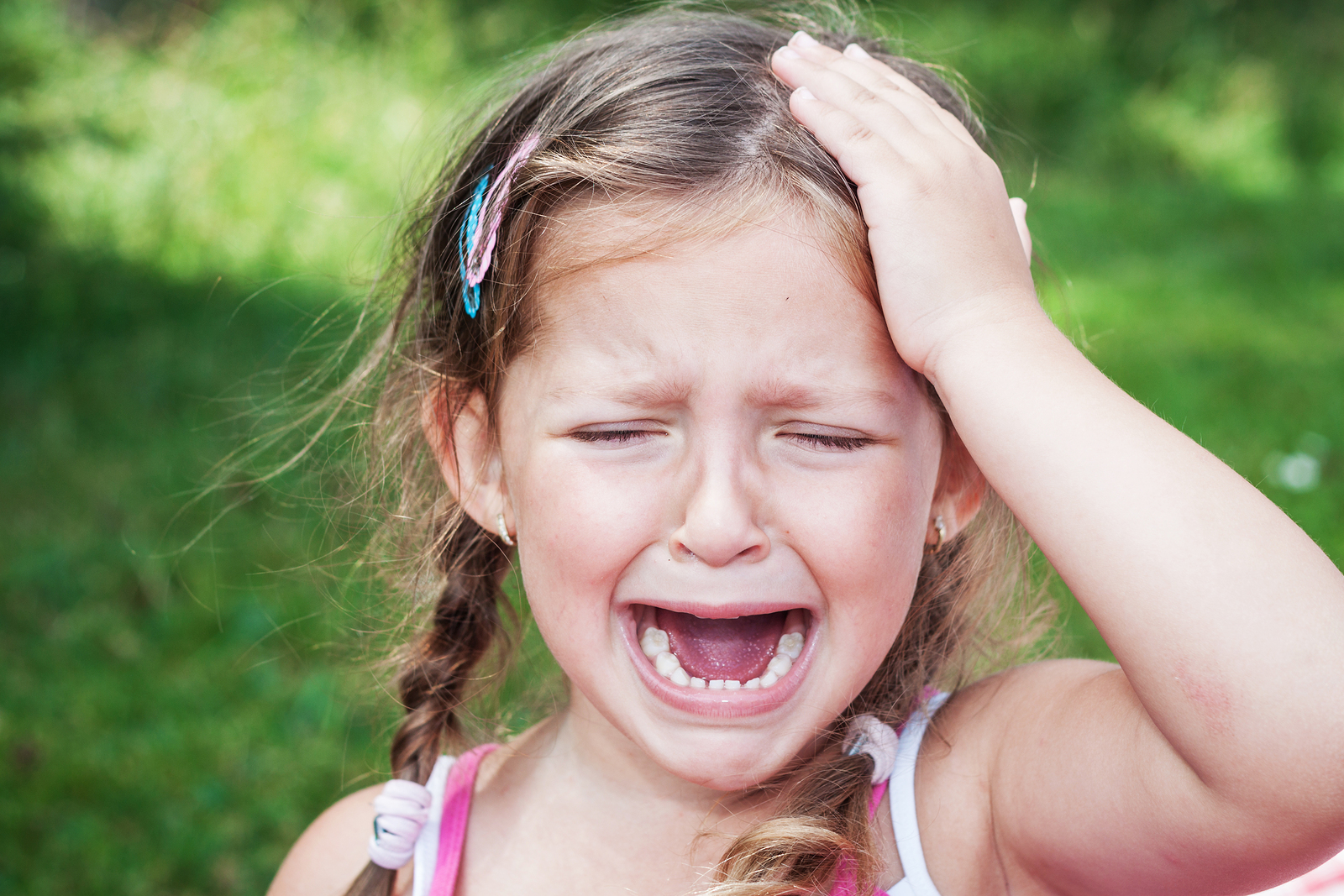 You might be surprised to learn that migraines are more common in children than just regular tension headaches. Nearly 9% of children ages 5-13 across the U.S. suffer from migraines, but since they can be difficult to diagnose, only about 20% of these kids have been diagnosed by their doctor. The pain of migraines in children can differ from that of adults. In kids, the pain intensifies quickly, rather than coming on slowly. Children’s migraines also tend to affect the entire head, rather than only one side, which is a more common presentation in adults.
You might be surprised to learn that migraines are more common in children than just regular tension headaches. Nearly 9% of children ages 5-13 across the U.S. suffer from migraines, but since they can be difficult to diagnose, only about 20% of these kids have been diagnosed by their doctor. The pain of migraines in children can differ from that of adults. In kids, the pain intensifies quickly, rather than coming on slowly. Children’s migraines also tend to affect the entire head, rather than only one side, which is a more common presentation in adults.
More and more parents have growing concerns over giving their kids too many medications, especially if the migraine episodes are frequent. If your child is suffering from migraines, there are a few key things you can do to try and minimize their episodes:
- Keep a migraine journal that consists of daily food intake and other potential triggers that may have led up to the migraine. This can help to reveal patterns or give clues for hidden triggers.
- Keep a predictable sleep schedule for kids who experience migraines. Getting enough sleep and/or going to bed at the earliest sign of an oncoming migraine can be very helpful.
- Regular meals and snacks to prevent low blood sugar may help reduce the onset of migraines in kids.
To learn more about the connection between head and neck injuries and migraines download our complimentary e-book by clicking the image below.
Looking for a Natural, Lasting Solution?
Unfortunately, the majority of treatments available (both for children and adults) are geared towards symptomatic relief. Many times, medications are prescribed to alleviate the massive headache and nausea that can accompany a migraine attack. What you may not know is that migraines can be heavily connected to the spine, particularly at the junction between the head and neck.
Since kids will be kids, an injury on the sports field or playground can easily cause a misalignment of the atlas vertebra, the topmost one in the neck. The atlas forms a protective ring around the brainstem, and when it misaligns it can impact the normal communication of signals between the brain and body, which can lead to migraine symptoms.
At the Upper Cervical Health Care Center of Maine, we take a unique and gentle approach that requires no twisting or popping of the spine. Kids are incredibly resilient and respond extremely well to upper cervical care. Once the atlas is realigned, normal function and brain-body communication is restored, which can be the lasting relief you’ve been looking for for your child.
References:
https://migraine.com/migraines-in-children-and-teens/
https://www.washingtonpost.com/lifestyle/wellness/if-your-child-gets-migraines-heres-how-you-can-help/2016/05/23/c10688aa-194a-11e6-aa55-670cabef46e0_story.html
To schedule a complimentary consultation with Dr. Scott Glocke call our Yarmouth office at 207-846-5100 You can also click the button below.


